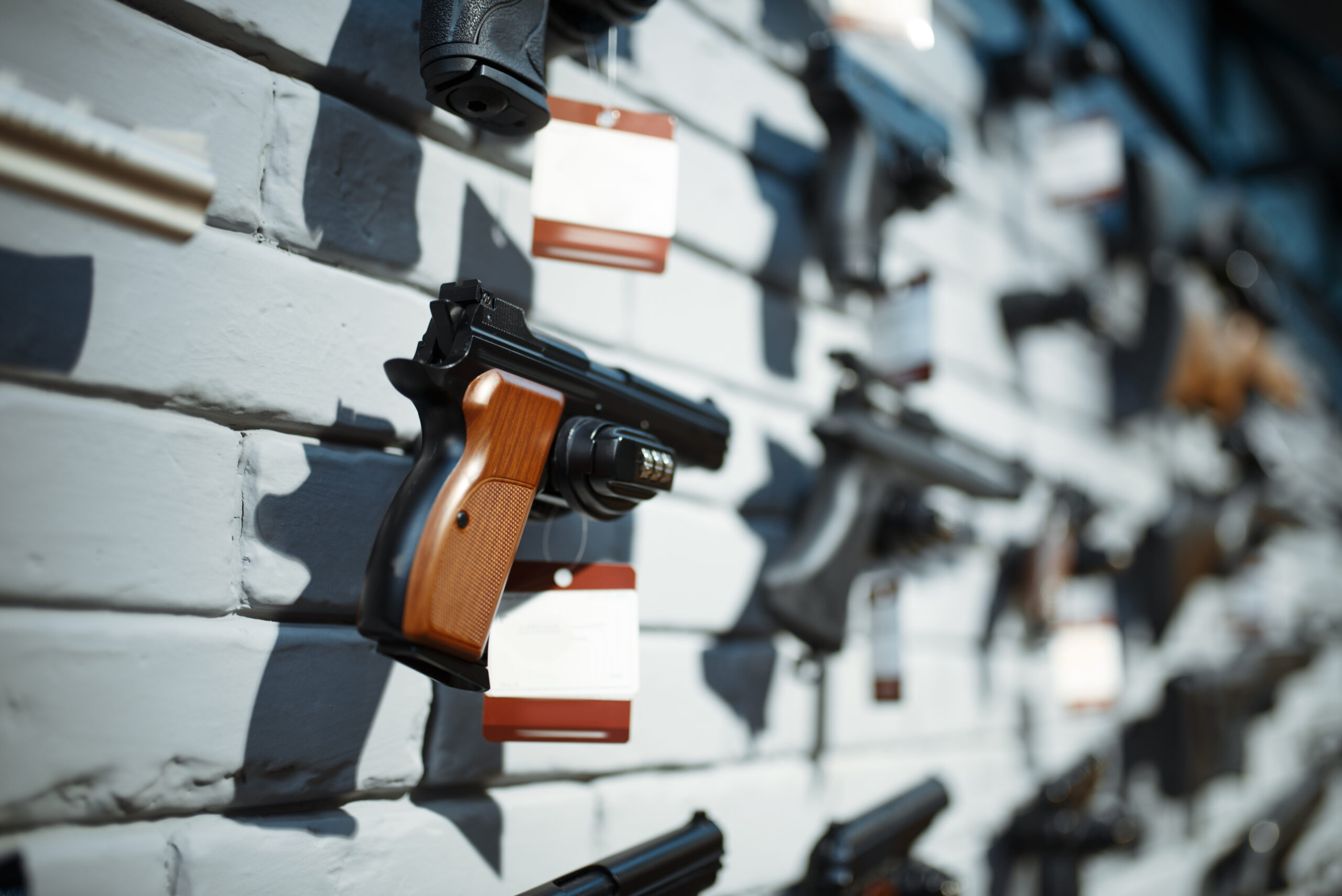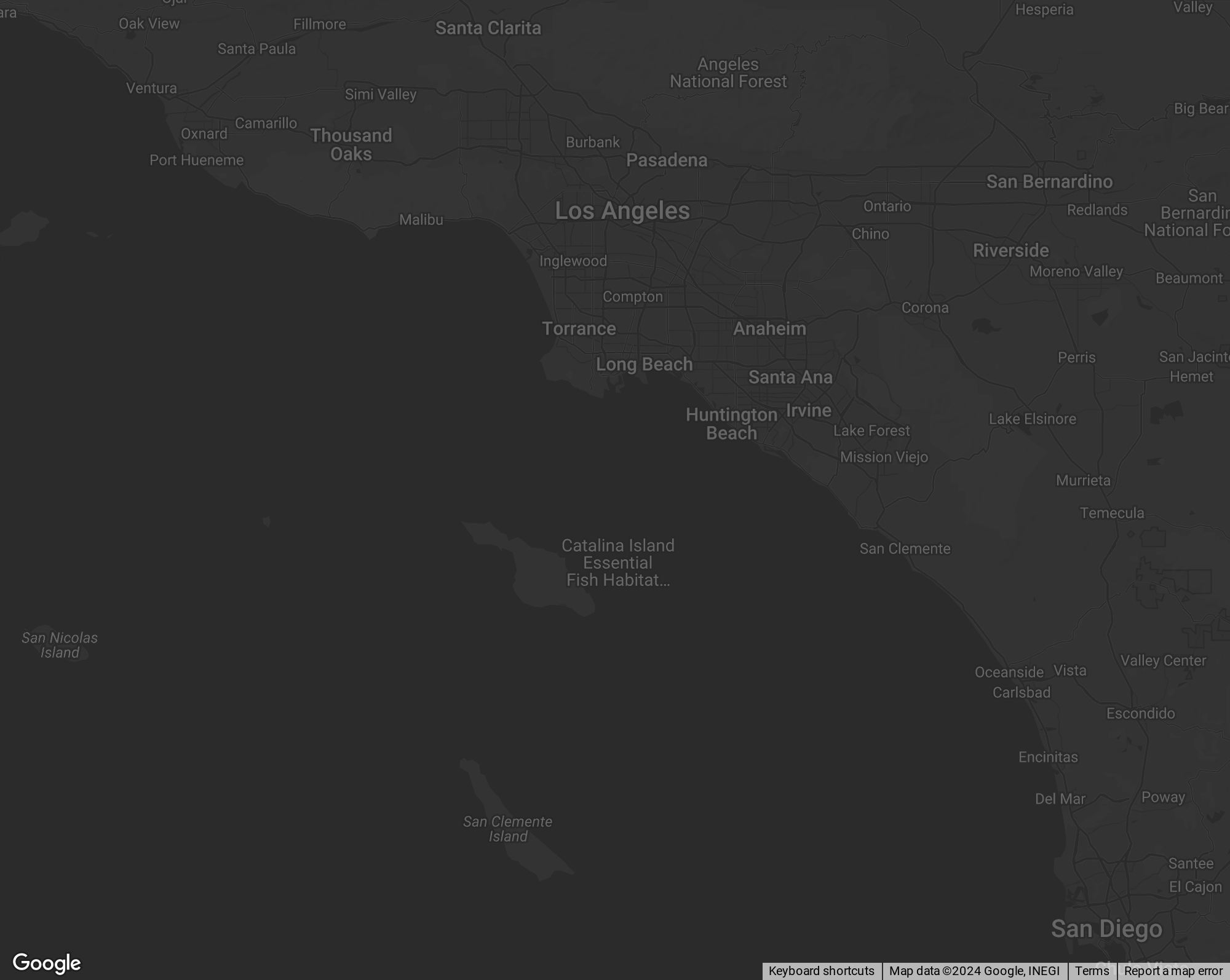Gun violence
Restraining Orders

Gun Violence Restraining Orders, also known as Extreme Risk Protection Orders (ERPOs) in some states, are legal orders issued by a court that temporarily prohibit an individual from possessing or purchasing firearms if they are considered a risk to public safety.
These orders are typically requested by law enforcement agencies, family members, or other concerned parties who provide evidence of the individual’s dangerous behavior or mental state.
Table of Contents
HOW DO GVROS WORK?
- Petition Filing: A concerned party files a petition with the court, providing evidence and reasons why the individual poses a risk of gun violence.
- Court Review: The court reviews the petition and may issue a temporary GVRO if there is sufficient evidence of a threat.
- Temporary Order: A temporary GVRO is issued, restricting the individual’s access to firearms while a full hearing is scheduled.
- Full Hearing: At the hearing, both parties present their evidence, and the court decides whether to issue a long-term GVRO.
- Enforcement: Law enforcement agencies enforce GVROs by confiscating firearms from the restrained individual and ensuring compliance with the order.
Gun Violence Restraining Orders are an important tool in preventing potential gun violence incidents by temporarily restricting access to firearms for individuals deemed to pose a risk. Understanding the purpose and procedures of GVROs is crucial in promoting community safety and addressing public concerns about gun violence.
Frequently Asked Questions
Law enforcement officers, family members, household members, and other concerned parties who have evidence of a person’s dangerous behavior or mental state can file for a GVRO.
Evidence may include documented instances of threatening behavior, mental health evaluations, and statements from witnesses or professionals familiar with the individual’s situation
Yes, individuals subject to a GVRO have the right to challenge the order in court and present evidence to contest the restrictions.
GVRO durations vary by jurisdiction but are typically issued for a specified period, often one year, with the option for renewal if necessary.
Violating a GVRO can result in legal consequences, including fines, imprisonment, and further restrictions on firearm ownership.



